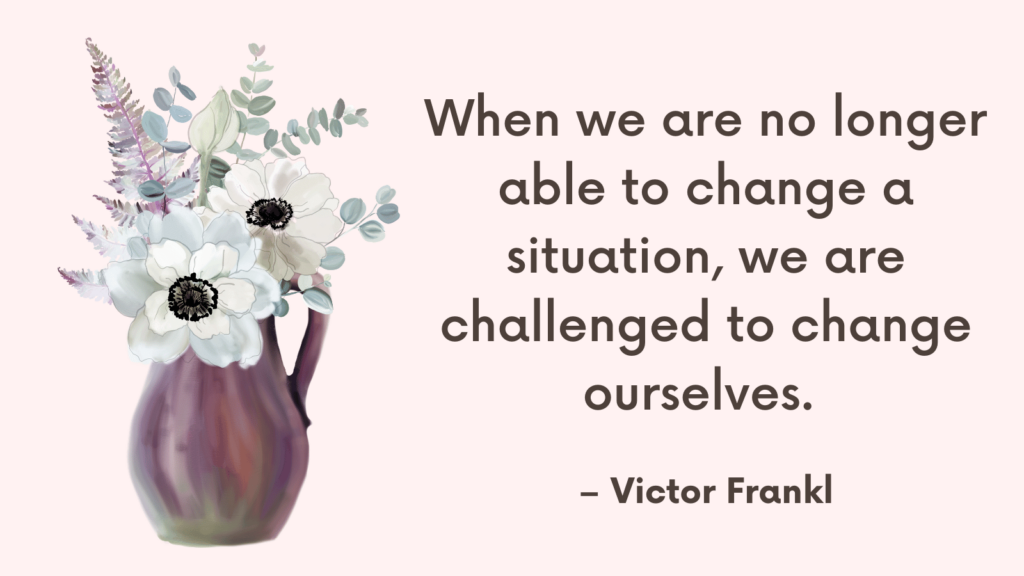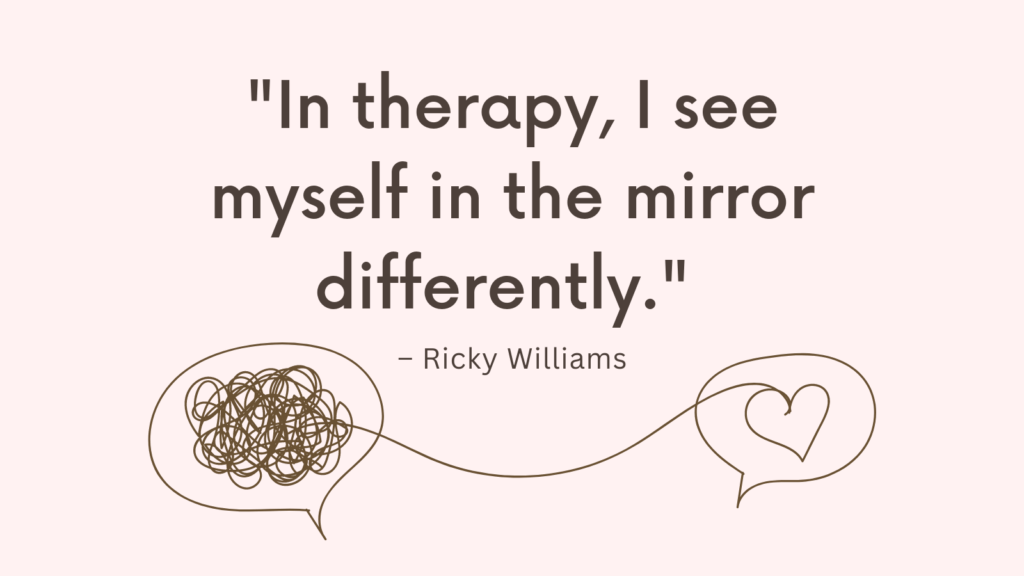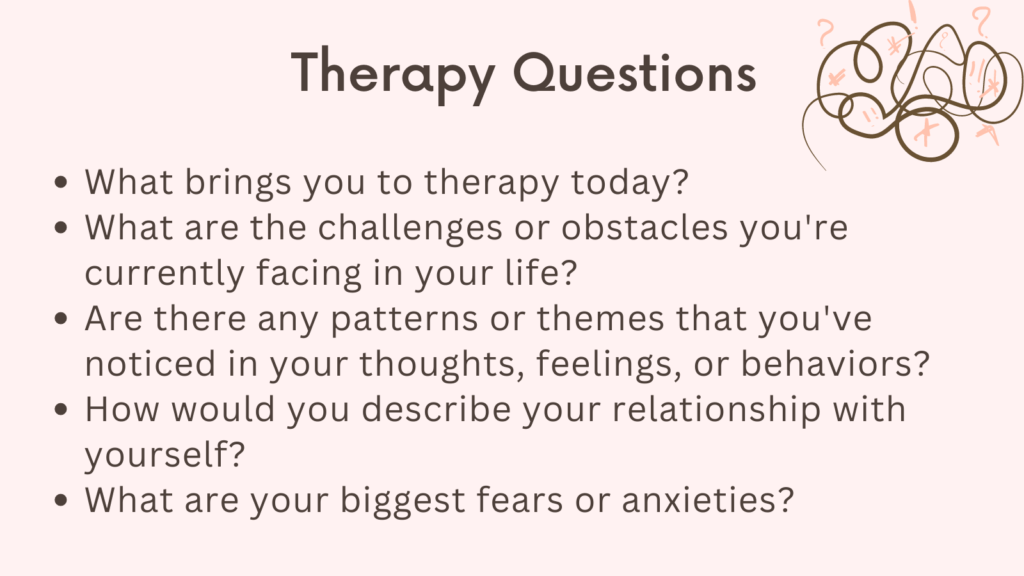In this post, you’re going to learn the difference between DBT, CBT and ACT.
Dialectical Behavior Therapy (DBT)
Developed by Dr. Marsha Linehan, DBT is a type of cognitive-behavioral therapy that was originally developed to treat individuals with borderline personality disorder (BPD).
It has since been adapted for the treatment of other mental health conditions, such as substance abuse, eating disorders, and mood disorders.
DBT emphasizes the concept of dialectics, which involves finding a balance between acceptance and change. The primary components of DBT include individual therapy, skills training groups, phone coaching, and therapist consultation teams.
DBT is known for its focus on emotion regulation, distress tolerance, interpersonal effectiveness, and mindfulness.
It is particularly effective for individuals who struggle with intense emotions and have difficulty regulating their responses to emotional triggers.
Related: Best 23 DBT Journal Prompts
Cognitive Behavioral Therapy (CBT)
CBT is a widely-used therapeutic approach that focuses on the connection between thoughts, feelings, and behaviors.
Developed by Aaron Beck and Albert Ellis, CBT is based on the idea that our thoughts and beliefs influence our emotions and actions.
CBT aims to identify and challenge negative or unhelpful thought patterns and replace them with more balanced and adaptive ways of thinking.
This approach typically involves setting specific goals, identifying and challenging cognitive distortions, and developing strategies to change maladaptive behaviors.
CBT has been extensively researched and has demonstrated effectiveness in treating various mental health conditions, including anxiety disorders, depression, PTSD, and eating disorders.
Related: Best 10 CBT Therapy Books
Acceptance and Commitment Therapy (ACT)
ACT is a form of cognitive-behavioral therapy that focuses on increasing psychological flexibility—the ability to be present, open up, and do what matters in the presence of difficult thoughts and feelings.
Developed by Steven Hayes, ACT incorporates elements of mindfulness, acceptance, and behavior change techniques to help individuals develop a more adaptive relationship with their internal experiences.
The key processes of ACT include acceptance, cognitive defusion, present moment awareness, self-as-context, values clarification, and committed action.
ACT is particularly effective for individuals struggling with anxiety, depression, chronic pain, trauma, and other issues where avoidance and inflexibility play a significant role in maintaining distress.
Related: Top 9 DBT Pros And Cons
DBT vs CBT vs ACT
DBT, CBT, and ACT share some common elements, such as a focus on cognitive and behavioral processes, as well as the goal of improving psychological well-being. However, there are distinct differences in their theoretical foundations, techniques, and treatment targets.
– DBT emphasizes the importance of validation, dialectics, and the balance between acceptance and change. It is well-suited for individuals with difficulties in emotion regulation and interpersonal relationships.
– CBT focuses on identifying and modifying maladaptive thought patterns and behaviors. It is highly structured and goal-oriented, making it effective for addressing specific symptoms and targeted problems.
– ACT aims to increase psychological flexibility through acceptance, mindfulness, and values-based action. It is particularly beneficial for individuals struggling with experiential avoidance and the pursuit of unworkable solutions to emotional distress.
Related: CBT Worksheets Bundle (FREE PFD Download)
Choosing the Right Approach
The choice of therapy approach depends on various factors, including the individual’s specific concerns, preferences, and treatment goals.
For instance, individuals who struggle with intense and dysregulated emotions may benefit from DBT’s emphasis on emotion regulation and distress tolerance.
Those dealing with specific phobias or obsessive-compulsive behaviors may find CBT’s systematic approach to challenging maladaptive thoughts and behaviors helpful.
Individuals seeking to enhance their overall psychological flexibility and quality of life may be drawn to ACT’s focus on values-based living and acceptance.
In general, it’s essential to consider the individual’s unique needs and the evidence-based effectiveness of each approach when making a decision.
Related: Best 10 Acceptance And Commitment Therapy Books

Conclusion
In conclusion, DBT, CBT, and ACT are all valuable therapeutic approaches with unique emphases and techniques.
Each approach offers distinct benefits and can be effective in addressing a wide range of mental health concerns.



